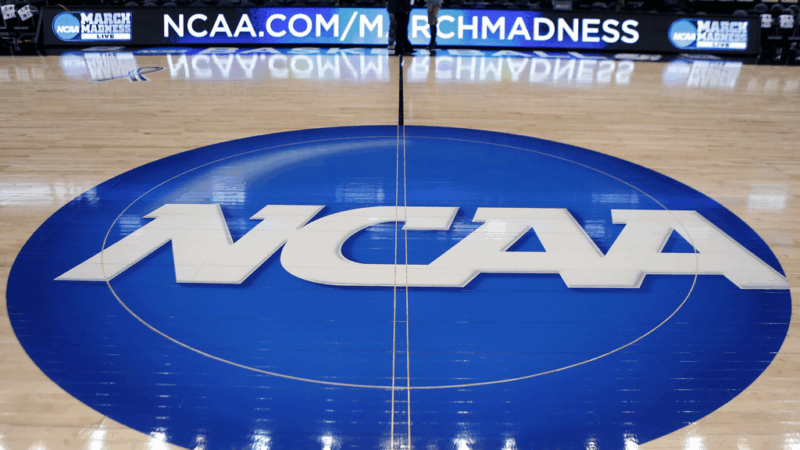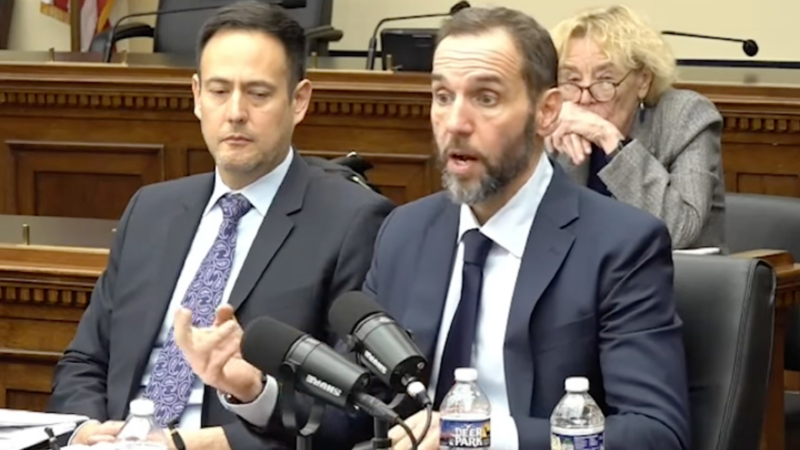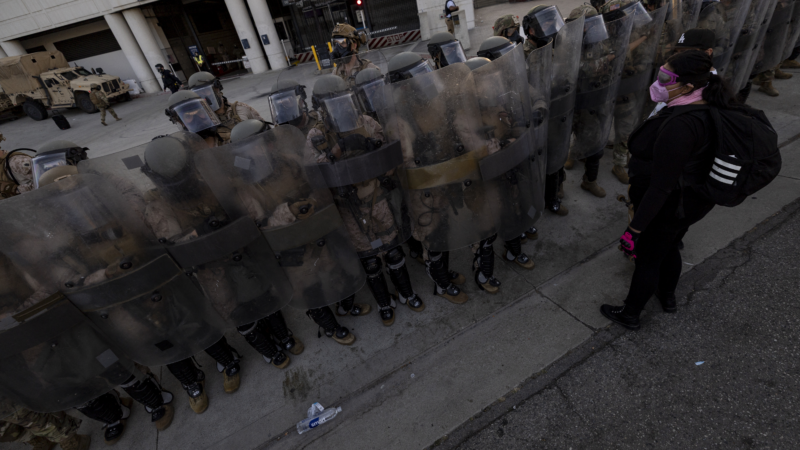A judge orders changes to a $2.8B NCAA deal, which attorneys say could trigger chaos
The judge overseeing the rewriting of the college sports rulebook threw a potentially deal-wrecking roadblock into the mix Wednesday, insisting parties in the $2.8 billion antitrust lawsuit redo the part of the proposed settlement involving roster limits that many schools are already putting in motion.
“Any disruption that may occur is a problem of Defendants’ and NCAA members schools’ own making,” U.S. District Judge Claudia Wilken wrote in a pointed five-page order in which she gave no weight to the argument that a reworking of the proposal could throw college sports into chaos.
She gave the sides 14 days to contact their mediator and return to the bargaining table.
The settlement in the landmark class-action lawsuit called for schools to no longer be bound by scholarship limits for their teams, but rather by roster limits in which everyone would be eligible for aid.
It figured to ultimately weed out walk-ons, athletes on partial scholarships and, in extreme cases, entire teams. In preparing for the settlement to be approved, schools across the country have been busy cutting players who, in turn, were finding spots on new teams.
Attorneys argued that undoing all those moves would add even more turbulence to an already tumultuous landscape.
Not her problem, Wilken said, in insisting both sides jumped the gun in making the moves.
“The fact that the Court granted preliminary approval of the settlement agreement should not have been interpreted as an indication that it was certain that the Court would grant final approval,” Wilken said of the preliminary nod she gave back in October that set these transactions in motion.
While the attorneys look for a Plan B, the clock is ticking. Terms of the settlement were supposed to go into effect July 1. Football practice starts soon after. Whether rosters will come in at around the old average (128) or the newly prescribed limit (105) is an open question.
One of the plaintiff attorneys, working virtually in lockstep with the NCAA and conferences since this settlement was (all but) locked in, released a daunting statement.
“We will work hard to convince the NCAA and the conferences to address the court’s concerns,” Steve Berman said. “If we are unable to do so, then we are off to trial and we will return to fighting the NCAA in court with next steps.”
The NCAA and five defendant conferences released a joint statement saying they were closely reviewing the order.
“Our focus continues to be on securing approval of this significant agreement, which aims to create more opportunities than ever before for student-athletes while fostering much-needed stability and fairness in college sports,” it said.
Steven Molo, an attorney who represented more than 190 athletes at Wilken’s hearing earlier this month, viewed the order as a victory of sorts.
“We’re grateful the court understood the pain the proposed settlement has been inflicting on many student-athletes who’ve dedicated themselves to their sports,” Molo said. “The tremendous unfairness of the arbitrary roster limits must be addressed.”
As for the rest of the settlement — including the $2.8 billion in back damages and the $20.5 million many schools can dole out to their athletes — Wilken said she’s ready to go.
But this has been portrayed all along as an all-or-nothing deal, and though it was a mere matter of routine, Wilken’s release of a pretrial schedule — with some hearings scheduled out through September —underscored the idea that, indeed, there’s at least a chance this lawsuit could be resolved with a trial.
Not that any of this should have surprised the attorneys.
Wilken made clear toward the end of the daylong settlement hearing April 7 that she would like the parties to find a way to gradually implement the roster-limit rules. She suggested “grandfathering in” athletes who already had roster spots. In her order Wednesday, she insisted that wasn’t as impossible as the attorneys made it sound.
“One way of achieving that could be to modify the settlement agreement to ensure that no (athletes) who have or had a roster spot will lose it as a result of the immediate implementation of the settlement agreement,” she wrote. “Limits could be accomplished gradually by attrition.”
Wilken also rejected attorneys’ arguments that, essentially, the good being done for thousands of athletes who can now get paid (and who might have a previously unavailable shot at a scholarship) offsets whatever damage takes place to the players who find themselves at new schools — or no school at all.
“The Court can approve the settlement agreement only if it is fair, reasonable, and adequate after considering, in relevant part, whether it ‘treats class members equitably relative to each other,'” Wilken wrote, in quoting a previous ruling.
It is not clear how many roster spots across hundreds of schools will vanish under the settlement, though some estimates have pegged the number in the thousands.
What is sure is that this ruling shoves the schools’ attempts at getting ready for 2025-26 a step deeper into a black hole of uncertainty. Also clear: the judge is every bit as concerned about the hundreds of athletes losing roster spots as she is with the multibillion-dollar industry they inhabit.
Zohran Mamdani sworn in as New York City mayor, capping historic rise
Mayor Zohran Mamdani took the oath of office in New York City after midnight Thursday. The city's first Muslim mayor, a member of the Democratic Socialists of America, has promised to focus on affordability and fairness.
Rising from the ashes, a symbol of hope at the Rose Parade
Survivors of the Eaton and Palisades Fires find healing and community working on a Rose Parade float to honor the lives and communities lost in last year's wildfires.
The history behind the NYC subway station chosen for Mamdani’s swearing-in
The city shut down the station in 1945 on New Year's Eve. Eighty years later, it's a symbolic venue choice for the incoming mayor's private swearing-in ceremony.
U.S. military strikes 5 more alleged drug boats, killing 8
The U.S. military says it struck five alleged drug-smuggling boats over two days. The attacks killed eight people, while others jumped overboard and may have survived. U.S. Southern Command did not reveal where the attacks occurred.
Capitol riot ‘does not happen’ without Trump, Jack Smith told Congress
Former special counsel Jack Smith also described President Trump as the "most culpable and most responsible person" in the criminal conspiracy to overturn the 2020 election results, according to a transcript of Smith's closed-door interview with the House Judiciary Committee.
Trump will drop push for National Guard deployments in Chicago, LA and Portland, Ore.
Courts blocked troops from deploying in Chicago and Portland, Ore., and the Los Angeles deployment effectively ended after a judge blocked it earlier this month.







